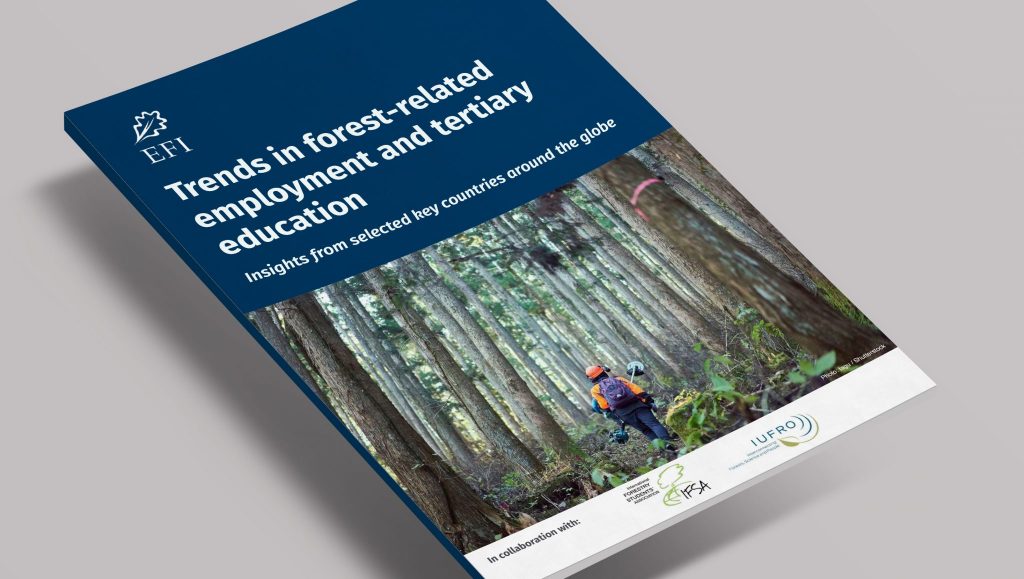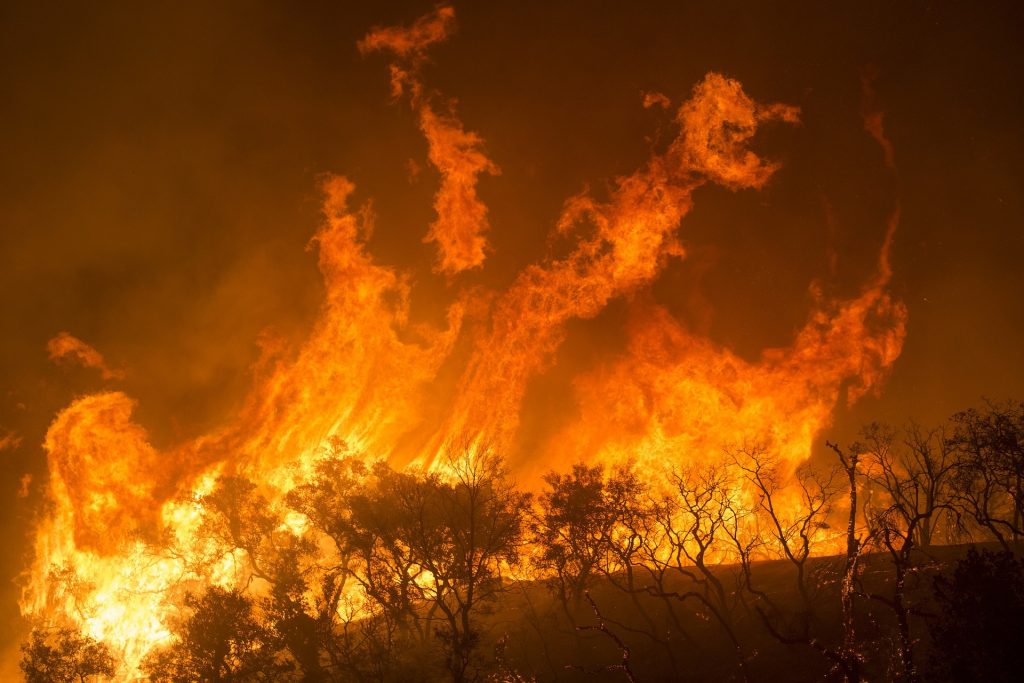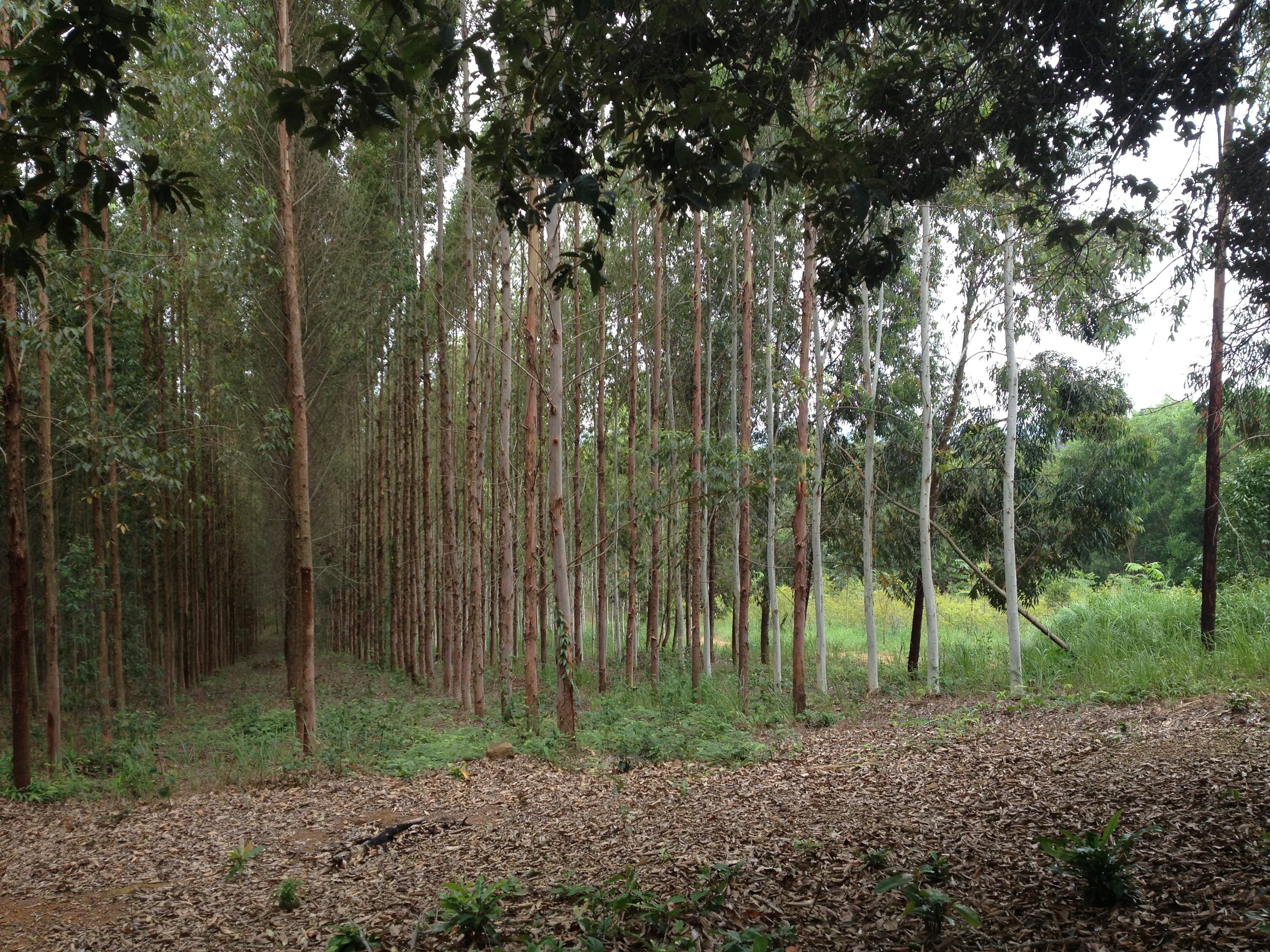Youth Forest Policy Days (YFPD) – 1-3 December 2022
Youth Forest Policy Days (YFPD) – 1-3 December 2022
Guest blog by Juliet Achieng, European Forest Institute
The current global youth (15-24 years) population stands at 1.2 billion translating to 16% of the global population and is expected to rise further by 7% by 2030[1]. The youth have immense potential and can provide innovative solutions to promote development. The need for equipping the youth with knowledge and opportunities that will allow them to thrive and showcase their abilities has been highlighted numerous times. An example of a youth led initiative and first of its kind is the YFPD, a conference-like online event organized by youth for youth to enable the youth community to exchange knowledge and gain more insights about international forest policies. The three-day online event employed diverse formats such as workshops, plenary and parallel sessions and role play game. A living library session focusing on working life provided an opportunity for the participants to be inspired to take action by stories from fellow youth and other professionals in the sector. Through the networking session, the participants had the chance to meet and exchange ideas and experiences with the professionals and participants.

From tradition to innovation: Insights into trends in forest-related employment and tertiary education
NOTE: This text is reblogged without changes from a blog post authored by Juliet Achieng that originally appeared on the EFI Resilience Blog, https://resilience-blog.com/2021/11/11/from-tradition-to-innovation-insights-into-trends-in-forest-related-employment-and-tertiary-education/, on 11 November 2021.

From tradition to innovation: Insights into trends in forest-related employment and tertiary education
Despite their differences in e.g. climate, culture, and culinary preferences, you might be curious to find out what Brazil, China, Finland, Germany, Indonesia, South Africa and United States of America have in common.
The seven countries represent 42.7% of the global forest cover; and six out of the seven countries were among the top producers of forest products globally in 2018. Thus, the forest sector contributes significantly to their Gross Domestic Product (GDP) and creates a high number of full-time equivalent (FTE) jobs (FAO Global Forest Resources Assessment Report, 2015). But when we speak about jobs, do we know what changes are happening in forest-related employment in these countries? What are the major drivers of these changes? What is the state of forest-related green jobs there? How are the countries’ forest-related tertiary education programmes addressing these changes? And what is the future of forest-related employment and education in these countries?
Read more…What do current students expect from their future career in the forest-related sector?
What do current students expect from their future career in the forest-related sector?
Guest blog by Lisa C. Prior, Junior Researcher, Joint EFI-IFSA-IUFRO Project, EFI Resilience Office Bonn, Germany
First published on Resilience blog on June 9th (https://resilience-blog.com/2020/06/09/what-do-current-students-expect-from-their-future-career-in-the-forest-related-sector/
This is one of the questions the “Global Students Networking and Green Jobs in the forest sector” project is trying to investigate with their recently launched global survey among students and recent graduates of forest-related higher education programs.
The Green Jobs project is coordinated by the European Forest Institute (EFI) in collaboration with the International Forestry Students’ Association (IFSA) and the International Union of Forest Research Organizations (IUFRO). It investigates the transforming employment trends in the forest sector while putting a special focus on the perspective of students and recent graduates from around the world. The young generation is a key actor of the future whether as professionals, leaders, or educators. Their skills and advocacy will be essential for strengthening the forest sector towards a sustainable future.

Building on a literature review and an expert workshop investigating the current changes of employment in the forest sector, the objective of the survey is to gain a better understanding of the perception of necessary skills and competencies; and employment-related ambitions and preparedness of forest-related students from around the globe.
The questionnaire will take ~20 minutes to complete. We encourage you to share the survey with any students or recent graduates in your networks and further appreciate sharing with contacts at universities that could help to spread the survey among the target group.
Take part in the survey and help us find out what students expect from their future career in the forest-related sector!
Take the survey or share the link with students: https://www.surveygizmo.eu/s3/90242538/8b61967933ae
For further information please contact: lisa.prior@efi.int
The world is fighting forest fires in the midst of a pandemic
The world is fighting forest fires in the midst of a pandemic
Interview with Dr. Andrey Krasovskiy originally published in French: https://journalmetro.com/perspective/2477417/monde-lutte-feux-de-foret-pandemie/
On 25 June 2020 by Miguel Velazquez, Métro World News
Dr. Andrey Krasovskiy is a Research Scholar working with the Ecosystems Services and Management Program (ESM) of the International Institute for Applied Systems Analysis (IIASA), Austria: https://iiasa.ac.at/
He is a Member of the IUFRO Task Force “Fire$: Economic Drivers of Global Wildland Fire Activity”: https://www.iufro.org/science/task-forces/global-wildland-fire-activity/
Q: What is the outlook for forest fires this year?
Forest fires are likely to keep the dynamics from previous years. Along with the problematic regions, such as Amazon, where forest fires are driven by deforestation, and Indonesia, where extremely vulnerable peatland areas are located, considerable fire events are to be expected in boreal forests of Russia, the US, and Canada. The forest fires might also show relative increase compared to previous years in Central European countries. There is a danger that post-quarantine human activities will further add to forest fire frequency in the Mediterranean region, as well as globally.

Congress Spotlight #24 – Got a question? Biomass may be the answer
Got a question? Biomass may be the answer

By selecting proper species and breeding experiments as well as genetic modifications as done here in Thailand, fast growing species plantations are capable of producing enormous amounts of biomass within short periods of time. The challenge is, however, to sustain soil fertility, biodiversity and other ecosystem services such as clean water. (Photo by Viktor Bruckman)
It’s just possible that sustainable biomass could be, if not a panacea for the world’s energy challenges, then perhaps the next best thing.
And not only the energy sector would benefit. The reasons for the sustainable use of biomass are many and good, says Dr Viktor Bruckman of the Commission for Interdisciplinary Ecological Studies at the Austrian Academy of Sciences.
In addition to the energy aspect, he adds that biomass offers a range of possibilities as a valuable feedstock for industrial processes. Chemical compounds in biomass can be separated and rearranged to produce everything from composites for use in the automobile industry, to fibres to pesticide ingredients, among others.
